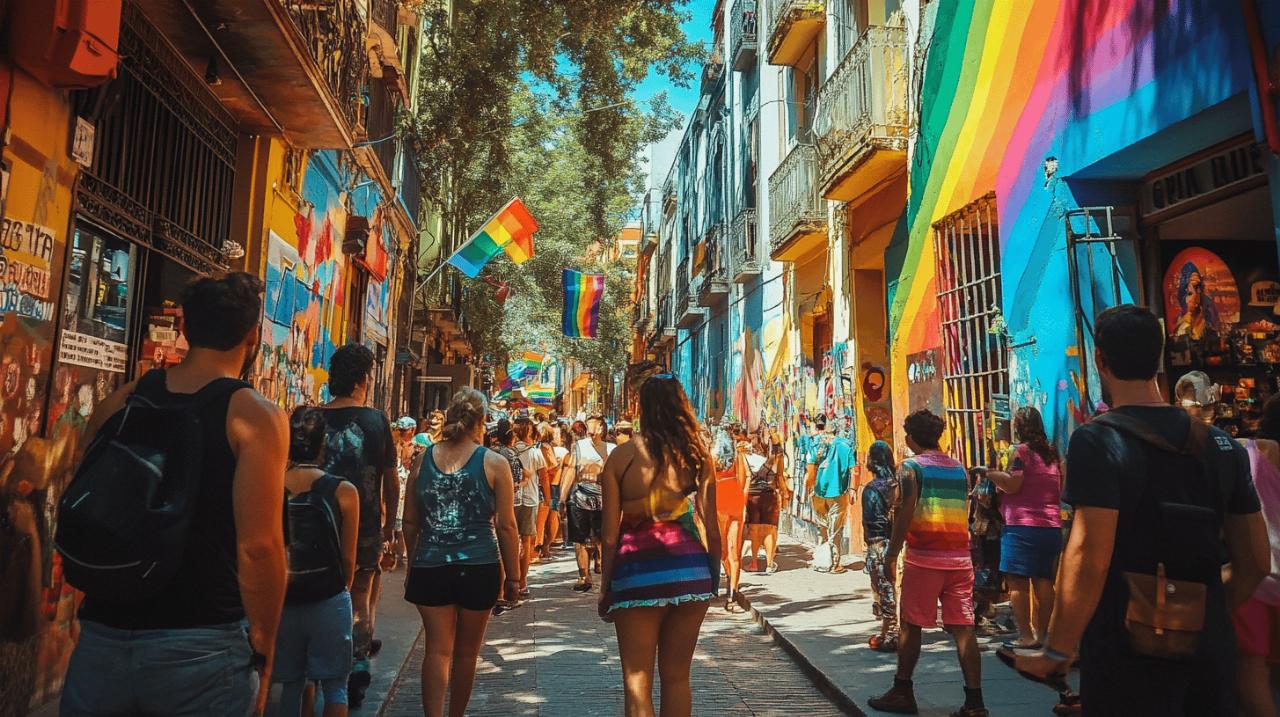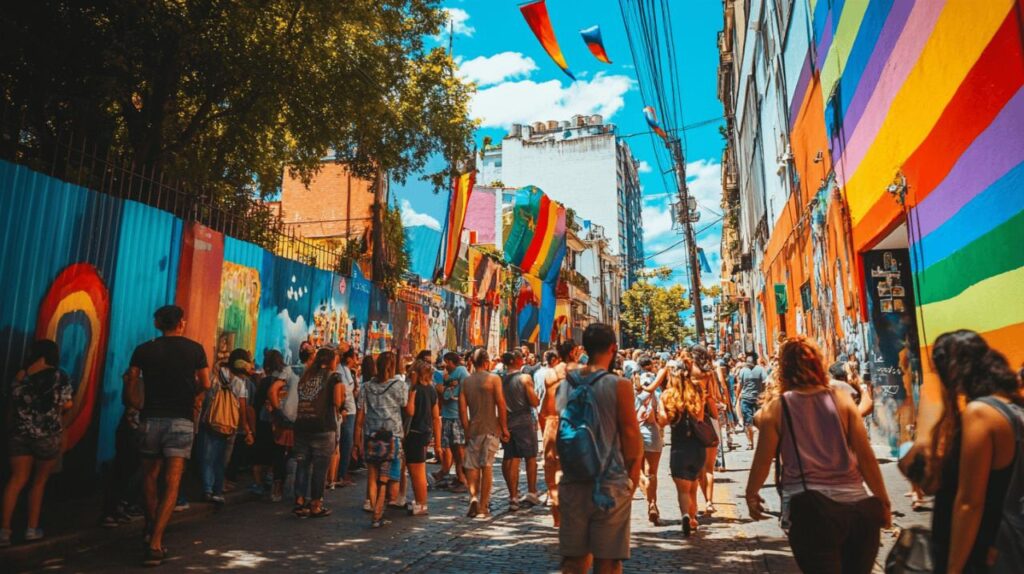The Evolution of LGBTQ+ Rights in Buenos Aires
Buenos Aires, often referred to as the ‘Paris of South America’ due to its European-influenced architecture and vibrant personality, has emerged as a leading LGBTQ+ destination in Latin America. The Argentine capital boasts a rich queer history that has been woven into the fabric of the city for decades. For travellers seeking authentic cultural experiences, visiting https://www.walkabout-travel.de/can provide valuable insights into exploring this dynamic metropolis. The journey of LGBTQ+ rights in Buenos Aires reflects the broader progressive movements that have transformed Argentina into one of the most inclusive countries in the region.
Historical progress and legal milestones
The LGBTQ+ movement in Argentina has its roots in the late 1960s when the first rights group, Nuestro Mundo, was founded in 1967. This marked the beginning of organised activism in a country that would later become a pioneer in LGBTQ+ rights. During the military dictatorship from 1976 to 1983, underground bars became vital sanctuaries for the queer community, offering safe spaces in times of oppression. A significant turning point came in 1992 when activist Carlos Jáuregui led Argentina’s first Pride march with approximately 300 participants, laying the groundwork for what would become a powerful annual tradition.
Historic cafes like Café Tortoni became gathering places for queer intellectuals, including renowned figures such as Federico García Lorca. Even tango, Argentina’s iconic dance, has queer roots, with men often dancing together in its early days, defying traditional gender norms long before such concepts were openly discussed. These cultural elements helped preserve LGBTQ+ expression even during periods of social conservatism.
Current legal protections and societal acceptance
Argentina made history in 2010 by becoming the first country in Latin America to legalise same-sex marriage, a landmark achievement that set the stage for further progressive legislation. This was followed by the Gender Identity Law of 2012, which allows individuals to determine their own gender identity without requiring medical diagnosis or judicial approval. These legal protections have fostered a climate of acceptance that makes Buenos Aires stand out as an LGBTQ+ friendly destination in the region.
Today, this progressive spirit is symbolised by the Carlos Jáuregui subway station, opened in 2017 as the first station honouring a sexual diversity activist. With over 300,000 people passing through daily, it serves as a visible reminder of Argentina’s commitment to LGBTQ+ rights. The annual Pride March, now held on the first Saturday of November, has grown from its humble beginnings to attract around 200,000 participants, starting at the iconic Casa Rosada and filling the streets with celebration and activism.
Lgbtq+ hotspots and community spaces
Buenos Aires offers a diverse array of spaces where LGBTQ+ culture thrives, from traditional bars to cultural centres and sports groups. These venues not only provide entertainment but also serve as important community hubs where connections are formed and identities celebrated. The city’s queer landscape continues to evolve, with new venues opening while historic establishments maintain their cultural significance.
Popular neighbourhoods and venues
Several neighbourhoods in Buenos Aires have become particularly welcoming to the LGBTQ+ community. Palermo stands out as a trendy district with numerous gay bars and nightlife options, including Peuteo, a cocktail bar open Wednesday to Sunday from 6 p.m. to 3 a.m. The neighbourhood also hosts Fiesta Jolie, a popular party destination. For those interested in exploring the area further, a street art tour with BA Street Art costs approximately $20 USD, showcasing the creative expression that flourishes in these inclusive spaces.
San Telmo, with its historic charm, offers venues like YÖBLA.BAR, a community and intercultural space, as well as regular Milonga Queer nights where tango is redefined with dancers choosing to lead or follow regardless of gender. Recoleta presents a more elegant atmosphere with stylish cafes and the famous Recoleta Cemetery, which is open daily from 8 a.m. to 6 p.m. Eva Perón’s tomb, located here, has become something of a pilgrimage site for many in the LGBTQ+ community. Other notable venues include Casa Brandon, an LGBTIQ+ cultural centre in Villa Crespo operating since 2005, and Feliza Bar, open Wednesday to Sunday from 8 p.m. to 5 a.m.
Annual events and pride celebrations
While June is celebrated as Pride Month globally, the main Pride March in Argentina takes place on the first Saturday of November. What began in 1992 with 300 participants has grown into a massive celebration attracting approximately 200,000 people. This event represents the culmination of decades of activism and progress, transforming from a protest into a celebration of diversity and achievement. The march typically begins at Casa Rosada, Argentina’s presidential palace, symbolically asserting the community’s political presence.
Throughout the year, Buenos Aires hosts numerous LGBTQ+ events and parties. Club 69 at Niceto Club offers themed shows and DJ sets every Thursday, while Rose Girls provides a space specifically for queer women with parties on Thursdays and Saturdays, plus larger ‘Mega Rose Girls’ events on Sundays. For those interested in dance, Queer Tango classes provide an opportunity to experience Argentina’s national dance in an inclusive environment. Pride Café, described as Argentina’s first daytime gay bar, is set to reopen in August 2025, adding another venue to the city’s rich tapestry of LGBTQ+ spaces. Sports enthusiasts can connect with groups like Dogos Natación, an LGBTQ+ swimming community celebrating its 10th anniversary, or Yacarés BA Civil Association, a sports space marking its 5th year.

